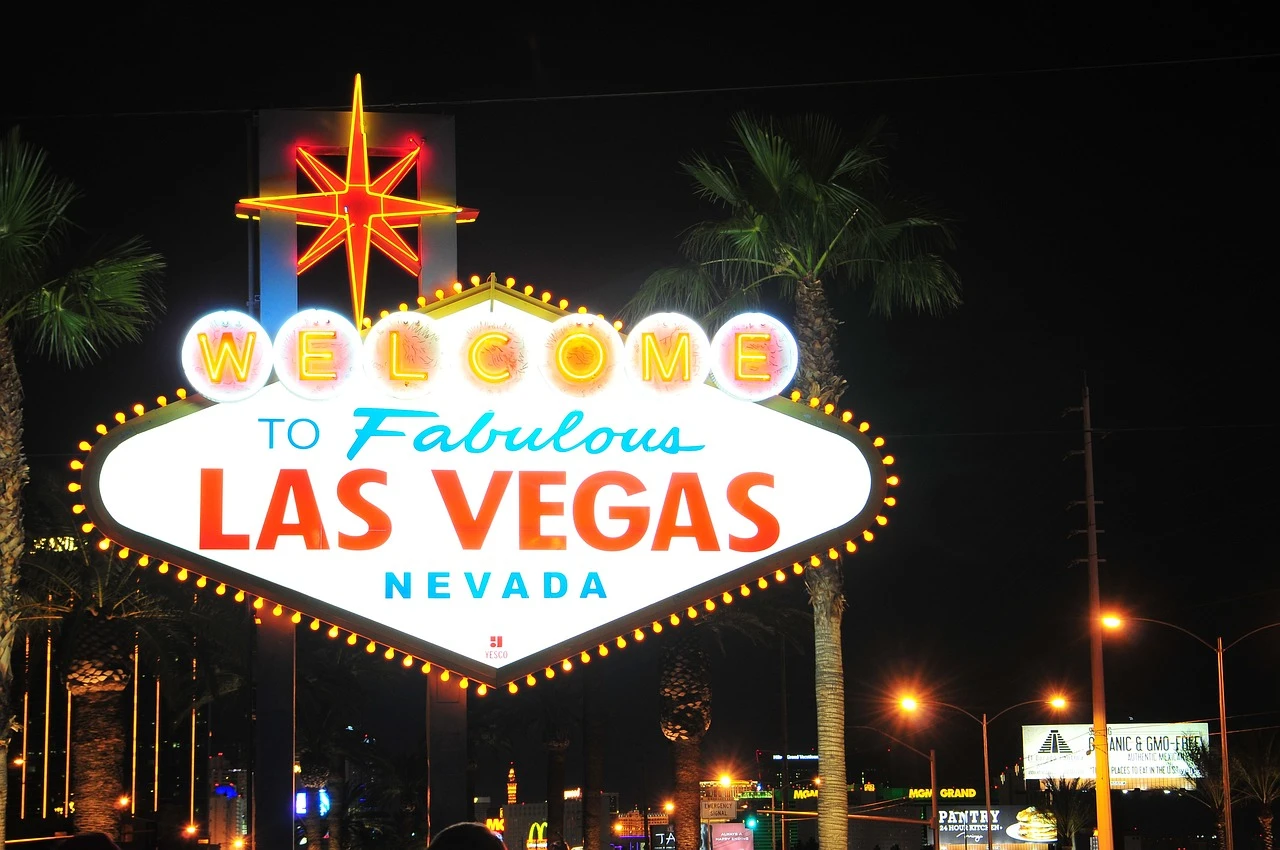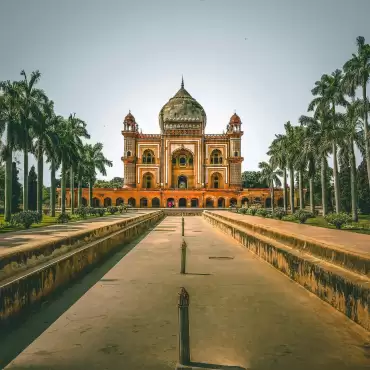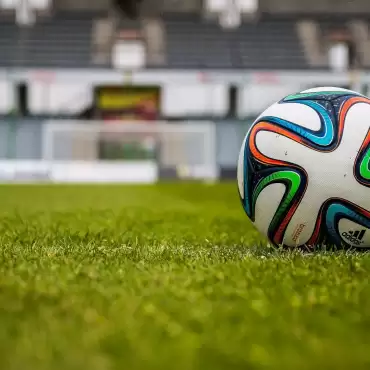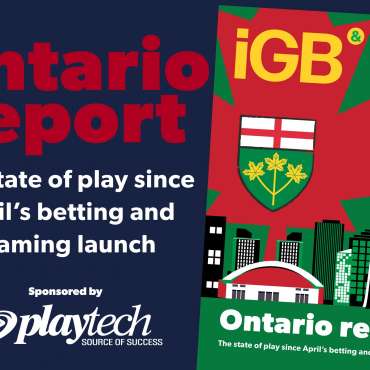Vegas has moved on from the days when slots were king and has become an all-round entertainment destination. But how on earth did this happen? Jon Bruford talks to Nevada Resort Association president and CEO Virginia Valentine about the city’s evolution from gambling mecca to so much more.
Las Vegas’ history has been documented in countless books and movies. We all know the city’s origins, the rise of organised crime and much more. But the most recent chapter in the city’s story is one that would not have been predicted even ten years ago: the arrival of professional sports teams.
It wasn’t long ago that an integrated resort’s major revenue earner would have been slots. Recent years have seen ticket-in ticket-out (TITO) replace coins on the gaming floor, the rise of the celebrity chef, big-name DJs with nightclub residencies, megastar singers at most Strip properties and much, much more.
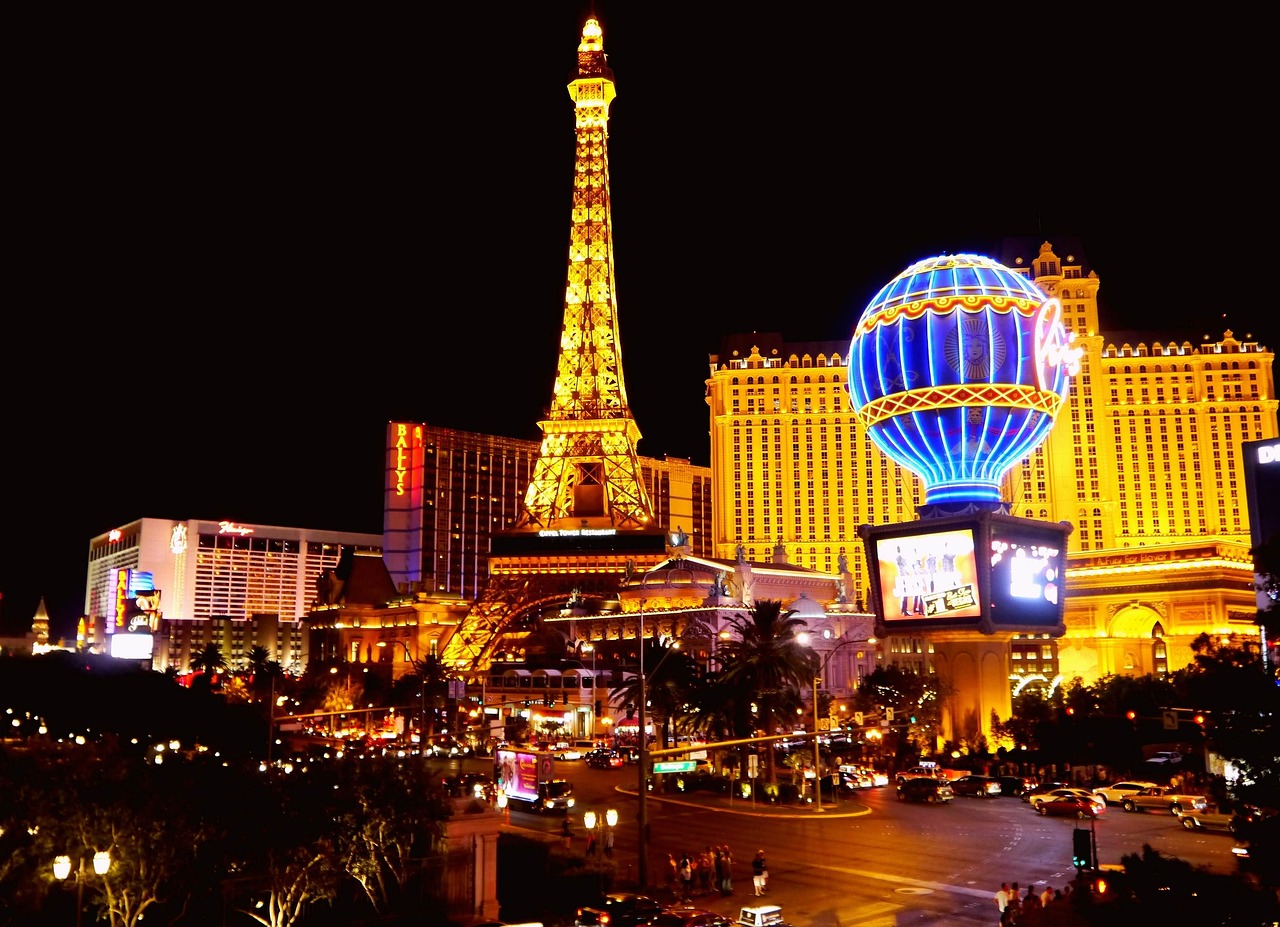
The income has diversified and, with it, so has the visitor; is this by chance, or by design? We asked Virginia Valentine someone uniquely positioned to give insight on this.
“I think it was very much intentional,” says Valentine.
“In 1989, Steve Wynn started a trend on the Strip when he built the first truly integrated resort model with convention space, theatre, hotel, dining, retail experience. The integrated resort was a big shift and it was very intentional. I think people were holding their breath at the time, thinking ‘well, they’ve got to make X amount a day in revenue to make this work…’. Of course it was hugely successful and it’s been replicated many times now.”
Diversification
“People are not going to spend 24 hours a day on the gaming floor, so you started to see these really expansive retail areas take off, like the Forum Shops at Caesars – it’s a major shopping mall. The theatres got bigger, entertainment got bigger and then they brought in celebrity chefs to elevate the dining experience to something very high-end.”
So the offering evolved to appeal to a broader audience than simply gamblers; the first steps toward Las Vegas truly diversifying and becoming ‘a place to go and do things’.
But it has been a long journey to this point. That’s where former mayor Oscar Goodman enters the picture.
“Oscar Goodman was the mayor when I was the city manager, he was well known as a mob lawyer and he was elected to the position,” Valentine explains. “He was determined to bring sports to Las Vegas; it didn’t start with him, people had tried before, there had been minor league teams that came and went.
“We met with David Stern, the commissioner of the National Basketball Association at the time. Oscar said he really wanted an NBA team in Las Vegas and Stern said ‘Oscar, there is never going to be professional sports in Las Vegas because you have gambling.’
“Other people said the media market isn’t big enough, they won’t sell enough seats, not enough corporations to buy all the suites you need to sustain it, it’s a three-shift town, the locals won’t go, it’s too hot. Ice hockey has 80 games a season with 40 home games and you can’t sell all those tickets.”
Local buzz
It’s true that the Strip has a large number of medium-sized venues and every property has its own theatre. But a 65,000 capacity venue is truly a game-changer.
Sure, someone might travel to Indianapolis to see their favourite artist, but will they stay for three or four days to take in everything else the city has to offer? Probably not. Las Vegas can host huge music acts all year round instead of just during festival season; the city can also host other sporting events, such as Premier League pre-season tours and rugby matches.
Valentine says that even for Las Vegas Raiders home games, the number of travelling fans is apparent.
“Even at a Raiders game – and there are only nine home games a season – you realise that there are more out-of-town fans there than locals,” she continues. “You may not have been planning a trip to Las Vegas, but if your team is going to play there and you want to watch a game and it happens to be in Las Vegas…. It’s become a huge attraction.”
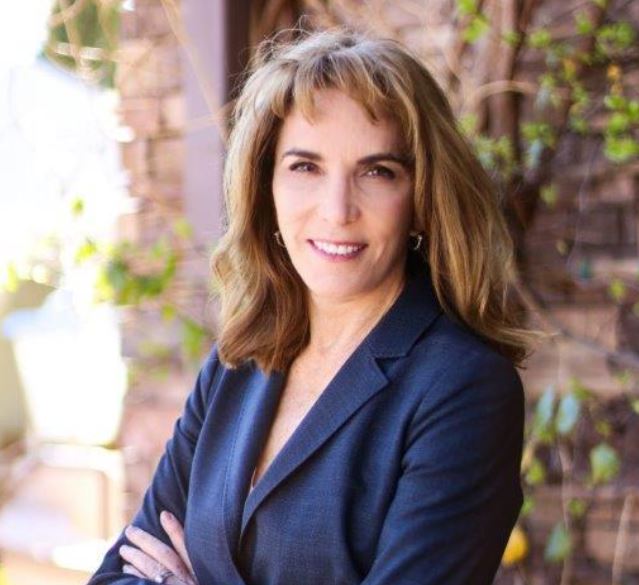
Of course, for any sports team to really thrive you need a home crowd. That’s what creates atmosphere and buzz, not to mention the lion’s share of ticket sales.
The Vegas Golden Knights started the avalanche and they made sure they did all the grass-roots work to embed the team in the public consciousness. The Knights have built a minor league rink which junior teams and the public can use and they do community events. As Valentine puts it: “They’ve just become everybody’s favourite. And that success showed that it could work here – then the Raiders came and the Oakland A’s are coming.”
Super Bowl Sunday
Arguably top of the pile for Las Vegas sports is the women’s basketball team, the Las Vegas Aces. The franchise relocated to Las Vegas from San Antonio in 2017 and was initially owned by MGM Resorts; it later bought by Mark Davis in 2021, who also owns the Raiders.
Valentine says the city has embraced sports completely.
“If you go and see these games, the fans are arriving before, they’re staying around for longer, they’re going to the game. And it permeates out into the community, people have watch parties, lots of activity around the game, people embrace the team.
“Sports has taken off here in a way that nobody could have imagined.”
The biggest sporting event in the North American calendar is still the Super Bowl and, of course, Las Vegas hosted the event in February this year. Vegas being Vegas and the party capital of that part of the world, the city planned a week of events prior to the game. It created a celebratory atmosphere for everyone, says Valentine.
“The hotels were getting great rates, people were coming from all over to be a part of the action. And while they were here, people tried all sorts of things. People went to the UFC fight, there were all kinds of side benefits in addition to the main show for the city.
“Sports is entertainment and we are a city of entertainers after all.”
Pedal to the metal
The autumn (fall, US fact fans) also saw Formula 1 host a race in the city, a night-time event that took in the Strip itself and which was considered a great success by race fans overall.
Vegas residents were not so keen, citing traffic and access issues for the months and weeks before the event; the F1 organisation has since appointed former Las Vegas city manager Betsy Fretwell to smooth operations and improve communications for future races.
The concepts are not always popular when they are introduced, but experience and time usually brings doubters around.
“Often we are advocating for things that are not initially popular – there was huge resistance to the Raiders/Allegiant stadium and even people who voted against it in the legislature now say they got it wrong at the time,” Valentine adds. “It’s exceeded all expectations. There is infrastructure outside the stadium, the players come and spend money on real estate, teams bring other kinds of jobs. On the whole it’s been really very positive.”
Filling the calendar
Sports has added a new dimension to Las Vegas and it continues to develop and grow. The point, says Valentine, is it allows the city to have something going on for the full twelve months.
“The goal is to take those times when you might traditionally have a quieter period and have something going on all year round. We have March Madness, we have all sorts of events; it’s not like people just come here for New Year’s now. That’s the intent and that’s the evolution of Las Vegas.
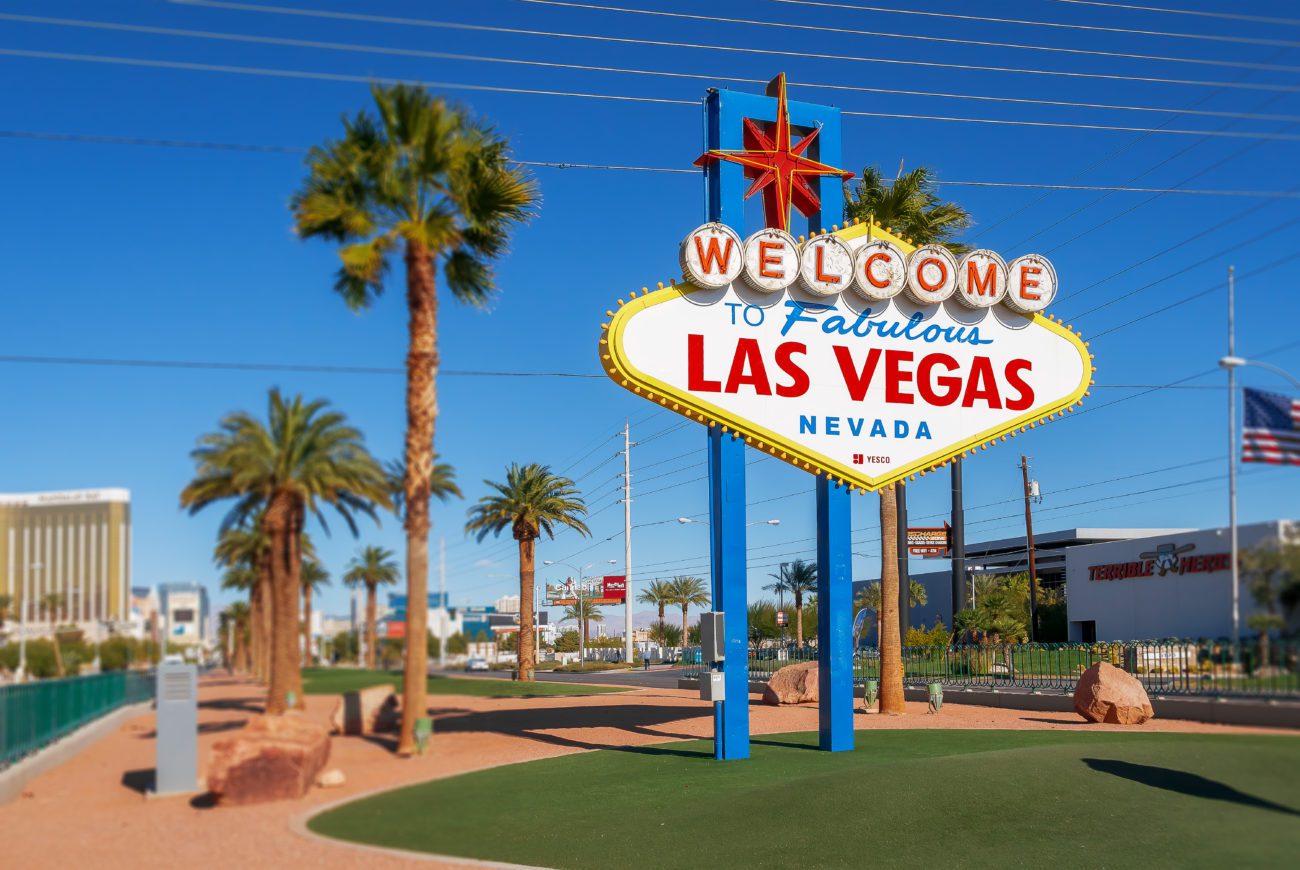
“We don’t want to go from 90% occupancy at New Year’s to 30% occupancy when it’s 110 degrees outside. Filling the calendar with those events is what it’s all about. It gives us something to market the city with, all year round.”
While it’s easy to think that the operators’ shareholders are the ones that thrive on increased visitation, it’s not that simple, says Valentine: it’s a trickle-down where the entire state benefits.
“When we have these major events in Las Vegas and the room tax goes up, it generates millions and millions of dollars that then goes toward education, for example; so the industry’s economic activity does benefit the types of revenue that go towards funding things like public education.
“Nevada was coming out of the Great Depression when [gambling] was legalised and the whole thinking behind it was ‘we’re going to get some state revenue, we’re going to make this a tourist attraction so people will travel here, we are going to get capital investment so people will come and build things and we are going to create jobs because there are none.’”
What’s in the pipeline?
“All of those pluses still exist and anything we do with the entertainment, the gaming, the expansion of resorts is going to create more jobs, more capital investment, more revenue for state and local government – and creating those things is what’s going to help education. It’s a trickle-down, but I think most people would agree on those benefits.”
Add in the Brightline superfast rail connection to southern California, which may be in place for the 2028 summer Olympics and the future looks very, very rosy indeed.
Now for the impossible question: where next for Las Vegas?
“If you’d asked me this ten years ago, I would not have said ‘oh, I think we will have ten major sports events here’,” Valentine admits. “I don’t think we want to be defined by what’s happened in the past; it’s always been something new, Las Vegas is a town that keeps reinventing itself. Let me just say this: anything is possible, because that’s the history we have here.”

